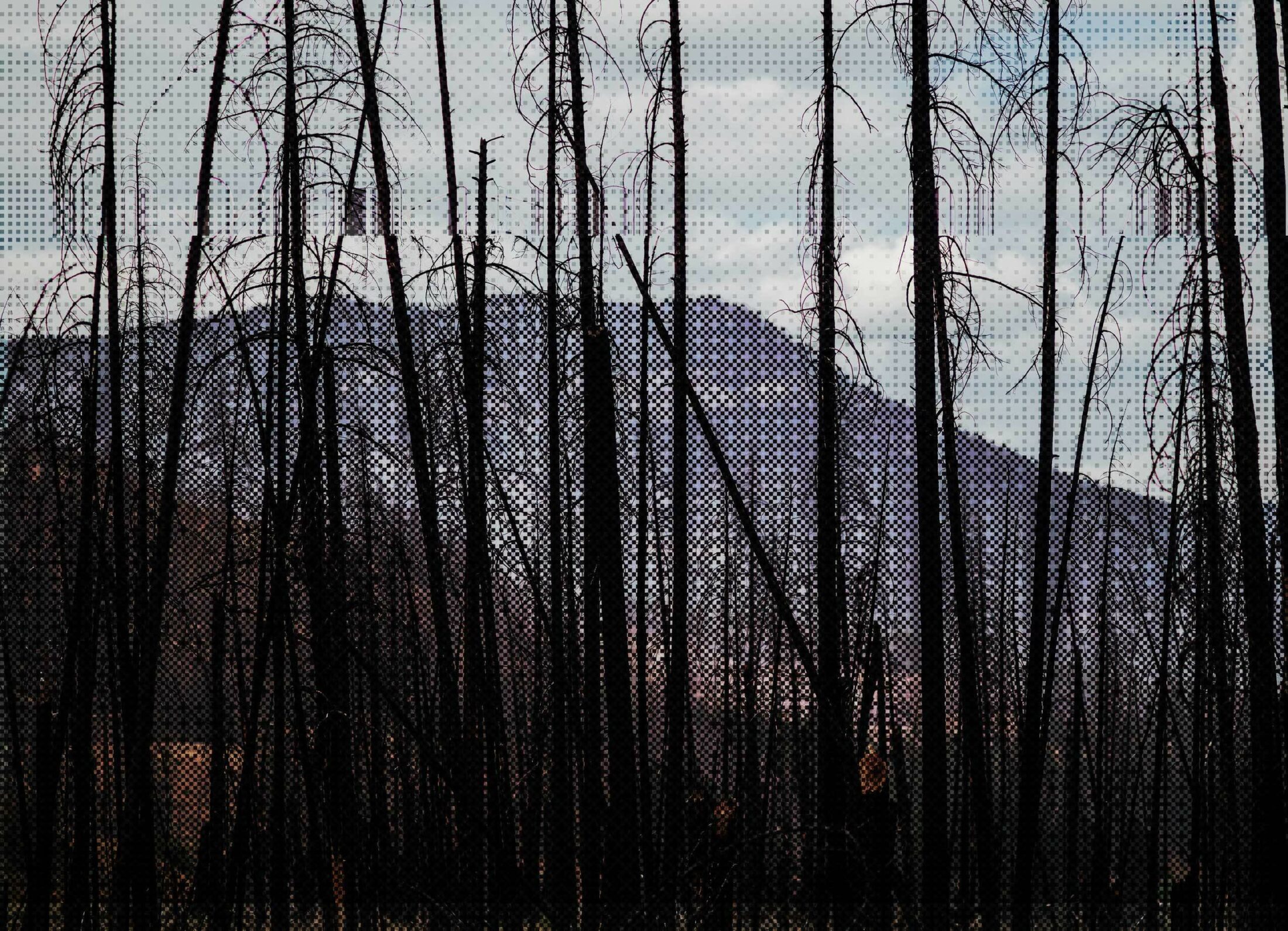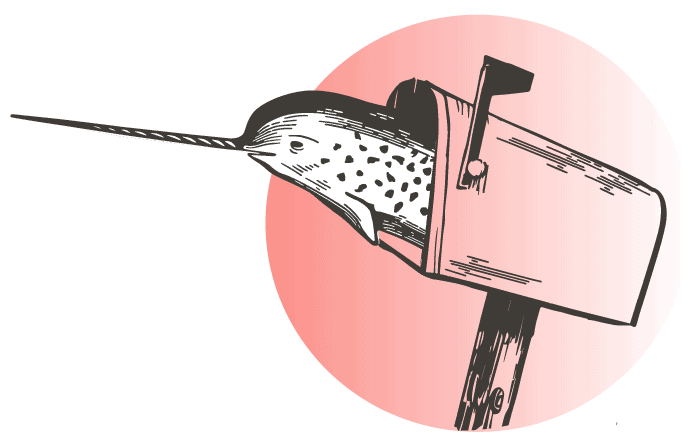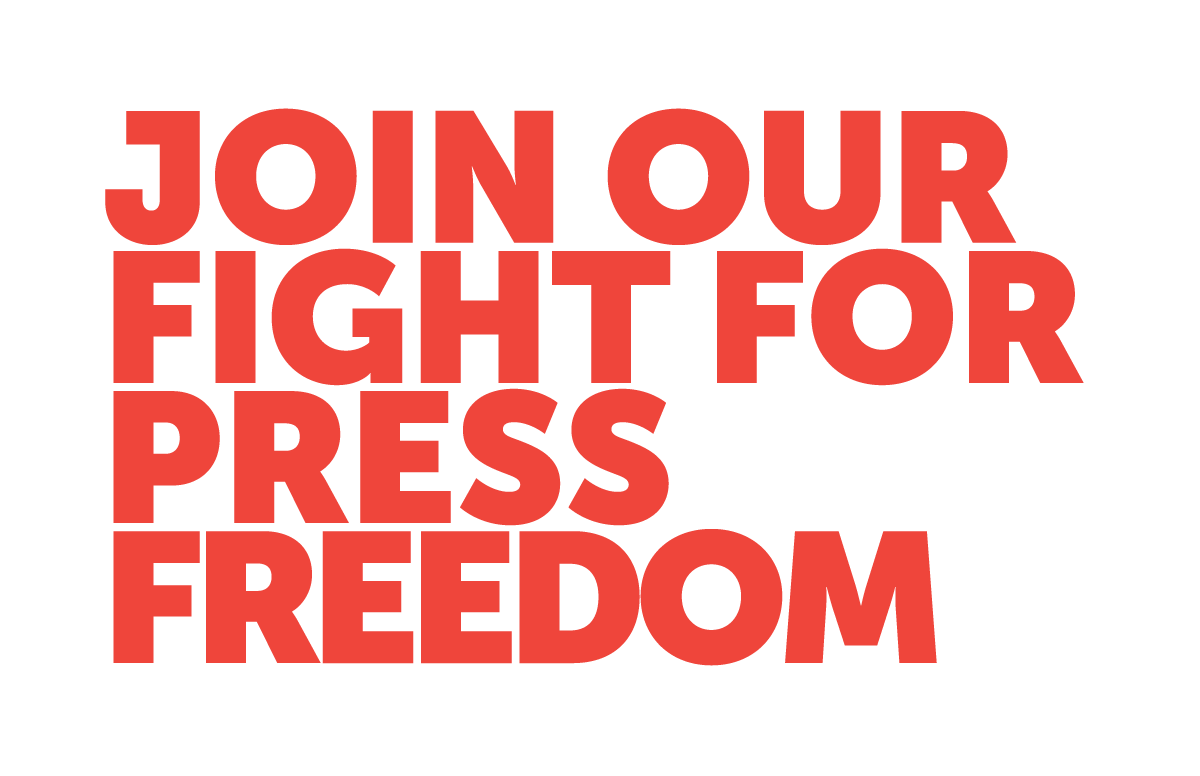Justin Trudeau marked World Environment Day last June with a statement that began, “Climate change is real and its impacts are already here.” Only two sentences in the entire address strayed beyond climate: a vague one about conserving nature and another about single-use plastics.
Joe Biden did the same in his Earth Day speech a few weeks earlier: “On Earth Day,” said the president, “we convened last year over 40 leaders from around the globe, reasserting America’s leadership on climate.” The word climate appeared 10 times in that speech — biodiversity, habitat and ecosystems weren’t mentioned once. Forests did come up a few times, but only in reference to their carbon storage.
These examples highlight a profound shift in the way politicians and people in general talk about environment issues: In recent years, climate change has become shorthand for the whole of the ecological crisis.
But climate change is not (yet) the biggest threat humans have unleashed on ecosystems. When it comes to direct threats to nature, it consistently ranks behind habitat destruction and over-harvesting of everything from fish to freshwater.
The popularity of climate change is a measure of the climate movement’s success. It’s also dangerous. Here’s why: The fight against climate change, existential though it is, poses no fundamental threat to our industrial status quo. Clean energy is perfectly compatible with resource extraction, consumption and infinite growth.
The only thing clean energy threatens is dirty energy — and so far, even those two have proven compatible, as the tandem rise in carbon emissions and renewables demonstrates.
That’s not to diminish the importance of this fight. But even if Exxon and all the rest are replaced by a benign assemblage of clean-energy titans (an assumption Elon Musk has done much to undermine), a hard truth will remain: decarbonizing the global economy is likely to be the easy part.
In fact, given the incredible efficiency of battery-powered machines, decarbonization could actually accelerate the other drivers of ecological collapse. More power and better machines could help extractive industries dig faster than ever.
For a glimpse of that future, look no further than the vision put forth by Conservatives For Clean Growth, a group founded by long-term conservative politicians and advisors who want their party to adopt a credible climate plan. In an article published in The Line last year, “Cutting emissions can be a win for Canada,” co-founders Lisa Raitt and Jim Dinning described the fight against climate change as an “incredible economic opportunity for Canada.” More mining, more cars to manufacture, more energy for sale — it all adds up to more money.
Even if they’d included reducing fossil fuel production in their pitch for clean growth (nope — carbon capture provides the hall pass), this conservative vision of achieving net-zero would spell a net loss for the planet. It imagines a world in which the only environment in need of protecting is the atmosphere, and the only threat to it is carbon; a world in which consumption continues unabated, and no fundamental reckoning is required.

That vision reminds me of The Leopard, an Italian novel about the fall of the aristocracy at the hands of a new elite class that invokes democracy instead of nobility to justify their power. “Everything must change,” said Tancredi, the young protagonist, “so that everything can stay the same.”
Regime change — replacing one energy source with another — cannot be the end goal of climate activism. For most advocates, it isn’t. But that’s often how it sounds in public discourse. And where words lead, thoughts follow.
If only I were innocent. A story I wrote about Extinction Rebellion-Vancouver, a radical activist group inspired to do something about the horrific rise in extinction rates the world over, became a chapter in a book I egregiously called The Environmentalist’s Dilemma: Promise and Peril in an Age of Climate Crisis. From “environment” to “climate” in 12 words.
In my case, it was a matter of trying to avoid repetition and squeeze as many searchable terms into the title as possible. Not very creative, but not really nefarious.
Other journalists do it too, and so do our institutions. On the CBC News website, climate is the word you click on to go to their climate and environment page. The BBC just calls it all climate. At The Washington Post, environment is presented as a sub-section of the climate page, making the reversal complete. Once you look for this substitution effect, you see it everywhere.
You might ask, so what? Climate change is an enormous problem after all, arguably the most urgent one we’re facing. Besides, “the cumulative impacts of expanding cities, logging, overfishing, aquifer depletion, forever chemicals, pesticide-reliant agriculture, mining and fossil fuel consumption guided by a philosophy of infinite growth” doesn’t exactly roll off the tongue. (In fact there is a pithy term for this conglomeration of catastrophes — “polycrisis” — which suffers the opposite problem: no one’s heard of it.)
The global ecological crisis is so huge and complicated, a wicked problem if there ever was one, isn’t it helpful to have a shorthand term that evokes the whole shebang?
Sure, but here’s the thing: increasingly, climate change doesn’t evoke the larger crisis so much as distract from it. The moment it stops being shorthand and becomes a substitute, people forget about all the other stuff.
That’s the risk.
This work is made possible with the support of the glasswaters foundation. As per The Narwhal’s editorial independence policy, no foundation or outside organization has editorial input into our stories.


